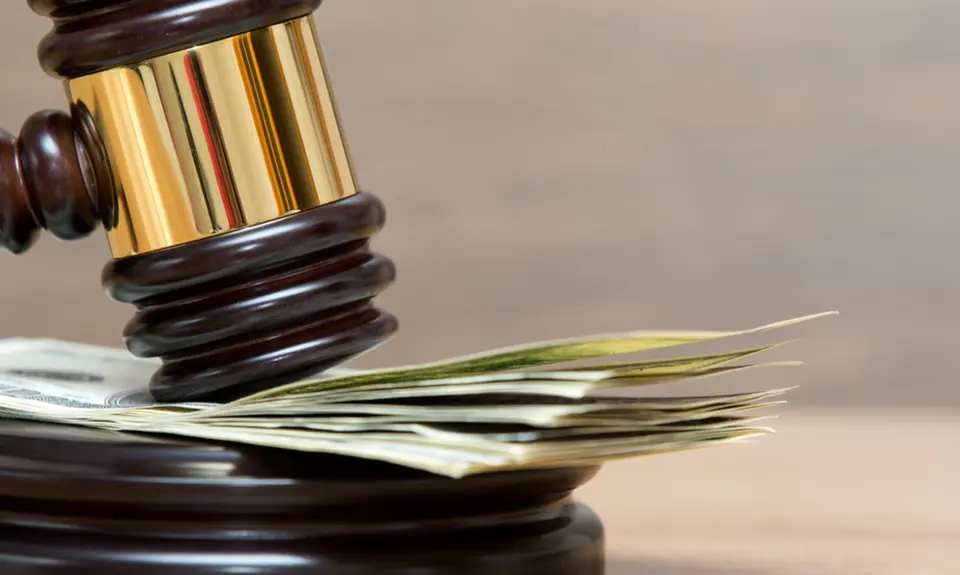“Confirmed Judges, Confirmed Fears” is a blog series documenting the harmful impact of President Trump’s judges on Americans’ rights and liberties. Cases in the series can be found by issue and by judge at this link.
Trump Sixth Circuit Judge John Nalbandian wrote a dissenting opinion trying to throw out a judgment of damages in favor of consumers who had been harassed by debt collection phone calls over 300 times in violation of a federal law. The majority, which included a judge nominated by President George HW Bush, rejected that view and affirmed a judgment in the consumers’ favor in the July 2020 case of Allan v. Pa. Higher Educ. Assistance Agency.
Jessica Wilson, along with her cosigner Susan Allan, took out a student loan serviced by PHEAA. After requesting some relief from payback on the loan, which automatically consents to debt collection phone calls, Wilson and Allan asked PHEAA to stop calling them in October, 2013, as they are allowed to do under federal law. PHEAA nevertheless continued to make automated calls leaving messages for both Wilson and Allan a total of 353 times without consent, sometimes multiple times a day. PHEAA was able to do this using a calling list of stored numbers that would then be used to generate daily call lists.
Wilson and Allan filed suit in district court contending that PHEAA had violated the federal Telephone Consumer Protection Act (TCPA). After discovery, the court ruled in favor of Wilson and Allan on summary judgment and awarded them $176,500 in damages. PHEAA appealed, claiming that its system did not constitute an automatic telephone dialing system (ATDS) as prohibited by the TCPA.
Writing for the majority that included George HW Bush nominee Eugene Siler, Judge Karen Moore affirmed the district court’s decision. She explained that the TCPA ban on debt collection calls using an ATDS covers an autodialer system using a “stored list of numbers” like the one used by PHEAA, based on the text of the law and its “structure and context.” This was in accord with decisions by the Second and Ninth Circuits, she went on, although the Seventh and Eleventh Circuits have disagreed. She carefully analyzed all four of these decisions, and concluded that the Second and Ninth Circuits were correct. If the law applied only to randomly generated calls as the other two circuits had suggested, Judge Moore noted, the TCPA’s exception for calls consented to in advance would have made no sense. A party consenting to a call must “give their number” to the party making the call, she elaborated, which means the calling party is “dialing a stored number” as opposed to a “number that it randomly generated.”
Trump judge Nalbandian harshly dissented. His view, in accord with the Seventh and Eleventh Circuits, was that the TCPA only covers devices that “randomly or sequentially generate numbers” to be called. But if that were the case, the majority responded, the definition of ATDS would simply include devices that produce such numbers, “without mentioning devices that store” them, as the statue explicitly does. Nalbandian’s interpretation is a “strained reading,” the majority continued, which improperly “introduces superfluity into the statute.”
As a result of the majority’s decision, therefore, the rights of Wilson and Allan to avoid annoying debt collection robocalls were upheld, along with damages of over $176,000. If it had been up to Nalbandian, however, the decision to recognize and provide relief for the violation of these rights would have been reversed.
Note: The initial draft of this blog post was prepared by PFAW legal intern Oliver Telusma.
